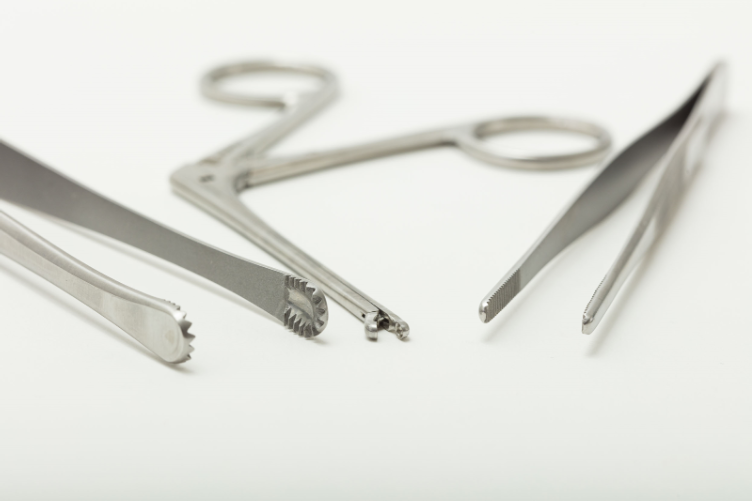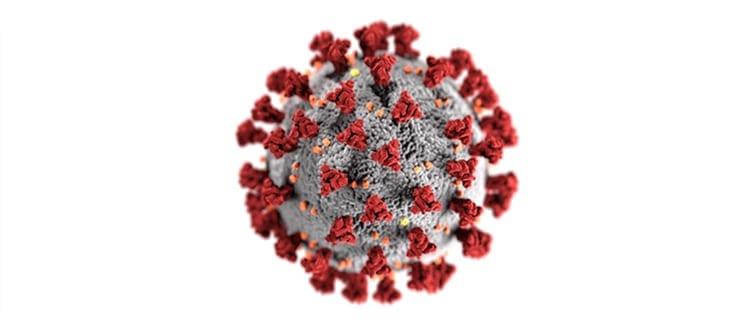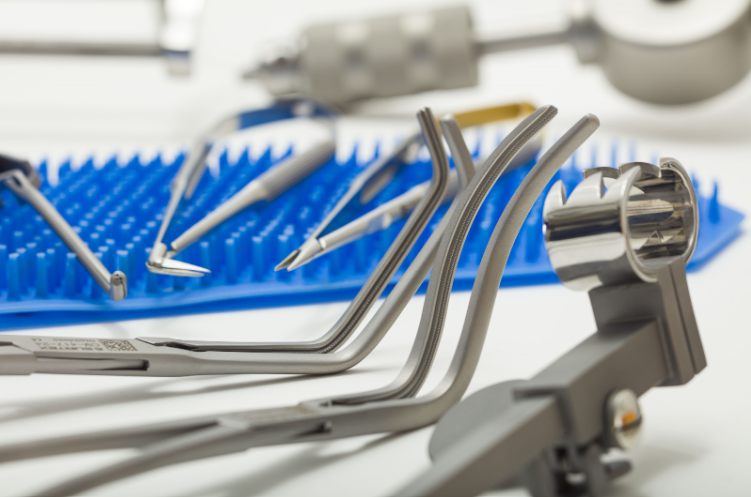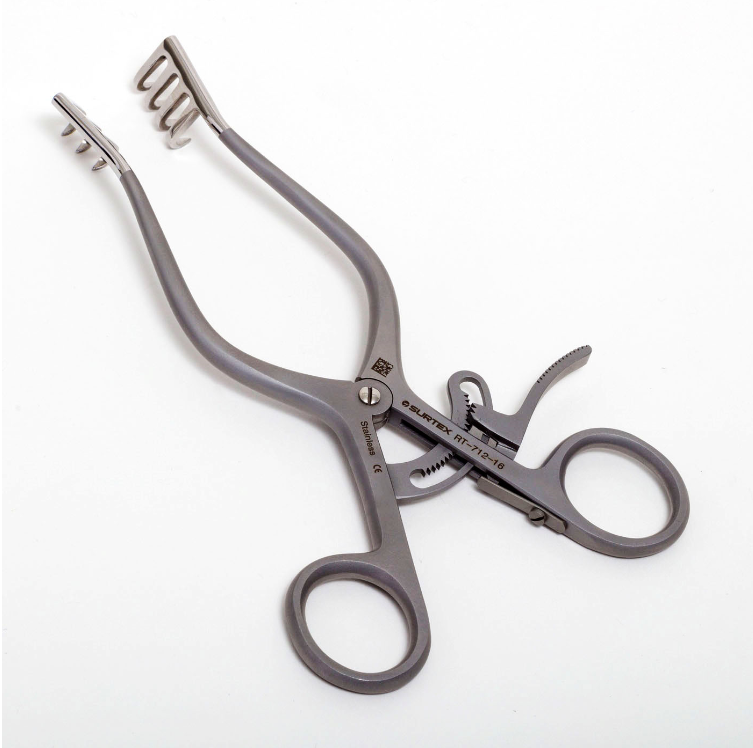The Essential Tools for Gynecological Procedures

The Essential Tools for Gynecological Procedures: A Comprehensive Look at Cervical Biopsy Forceps and Surgical Scissors
Introduction
The practice of gynecology necessitates a comprehensive set of specialized instruments designed to perform a variety of surgical and diagnostic tasks. Two such pivotal instruments in gynecological procedures are cervical biopsy forceps and surgical scissors. These tools not only serve as extensions of the surgeon's skill but also contribute to the efficiency, safety, and success of gynecological procedures. This article aims to provide an in-depth understanding of these crucial instruments, focusing on their design, function, and utility in different gynecological applications.
Cervical Biopsy Forceps: An Overview
Design and Construction
Cervical biopsy forceps are designed to obtain tissue samples from the cervix for histopathological examination. These forceps typically consist of:
- Handle: Ergonomically designed for comfortable gripping
- Shaft: Long and narrow, facilitating entry into the cervical canal
- Jaws: Sharp, and often with teeth, for precise tissue sampling
Notable Models
Functional Aspects
Biopsy forceps must exhibit characteristics such as:
- Precision: For accurate sampling
- Rigidity: To navigate through the cervical canal
- Biocompatibility: Materials must be compatible with bodily tissues
Applications
- Diagnostic cervical biopsy
- Colposcopy-guided biopsy
- Loop Electrosurgical Excision Procedure (LEEP)
Surgical Scissors: An Overview
Design and Construction
Surgical scissors are versatile instruments used for cutting tissues, sutures, and membranes. They come with:
- Handle: Designed for precision control
- Blades: Varied shapes and sizes for specific applications
- Tip: Sharp or blunt, depending on the intended use
Notable Models
Functional Aspects
Attributes essential for gynecological scissors include:
- Sharpness: For clean, precise cuts
- Durability: To withstand repetitive sterilization
- Biocompatibility: To ensure patient safety
Applications
- Dissection of tissues
- Cutting of sutures
- Removal of cysts and fibroids
Comparative Table: Cervical Biopsy Forceps Vs. Surgical Scissors
| Feature | Cervical Biopsy Forceps | Surgical Scissors |
|---|---|---|
| Primary Function | Tissue Sampling | Cutting |
| Key Design Elements | Ergonomic Handle, Long Shaft, Sharp Jaws | Precision Handle, Varied Blades, Sharp or Blunt Tips |
| Notable Models | Thomas-Gaylor, Iowa, Wilson | Doyen |
| Applications | Diagnostic Biopsy, Colposcopy, LEEP | Tissue Dissection, Suture Cutting, Cyst Removal |
Conclusion
Cervical biopsy forceps and surgical scissors are indispensable tools in the realm of gynecology. Their specialized designs and robust construction make them integral to the success of various gynecological procedures. Being aware of the different models and their specific applications can guide healthcare providers in making informed choices, thereby elevating the standard of care.
For a complete selection of gynecological and obstetrical instruments, you may visit the following categories:
It is crucial to choose instruments that meet and exceed the standards set out by CE, FDA, and ISO 13485 to ensure optimal patient care and procedural success.
Join our newsletter
Specify the advantages, benefits of joining the newsletter, setting the spam rate.




